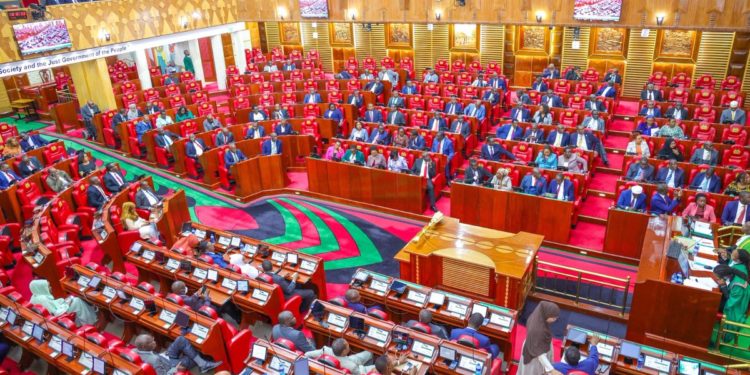The Justice and Legal Affairs Committee (JLAC) has submitted recommendations to the National Assembly for constitutional amendments aimed at enhancing Kenya’s electoral processes, with key changes proposed for presidential election petition timelines and electoral commission operations.
The committee has backed the Judiciary’s proposal to extend the Supreme Court’s timeframe for resolving presidential election disputes from 14 to 21 days. This amendment would require majority approval through resolutions in both the National Assembly and Senate county delegations.
A significant recommendation focuses on the Independent Electoral and Boundaries Commission (IEBC) chairperson’s role in result declaration. As the committee report states: “Noting the distinction between an independent office and a commission, the Committee observed that the proposal is in line with the court’s finding that decisions of a Commission must be made by the absolute majority and not individual members.”
The proposed changes would require the IEBC chairperson to secure commission verification before announcing presidential election results, aligning with recent court interpretations emphasizing collective decision-making within commissions.
The amendments also seek to grant Parliament expanded authority in electoral boundary reviews and constituency renaming, providing increased flexibility in these decisions. This comes as part of a broader effort to streamline electoral processes while maintaining institutional integrity.
The committee acknowledged existing dispute resolution mechanisms through the Political Parties Act, which establishes the Political Parties Disputes Tribunal’s authority. This framework provides a structured appeals process, allowing cases to move from the High Court to the Court of Appeal on legal grounds, with the latter’s decisions being final.
These proposed constitutional changes aim to strengthen Kenya’s electoral framework, particularly in managing presidential election disputes and electoral commission operations. The recommendations now await National Assembly consideration, where they will undergo further review before any potential implementation.














